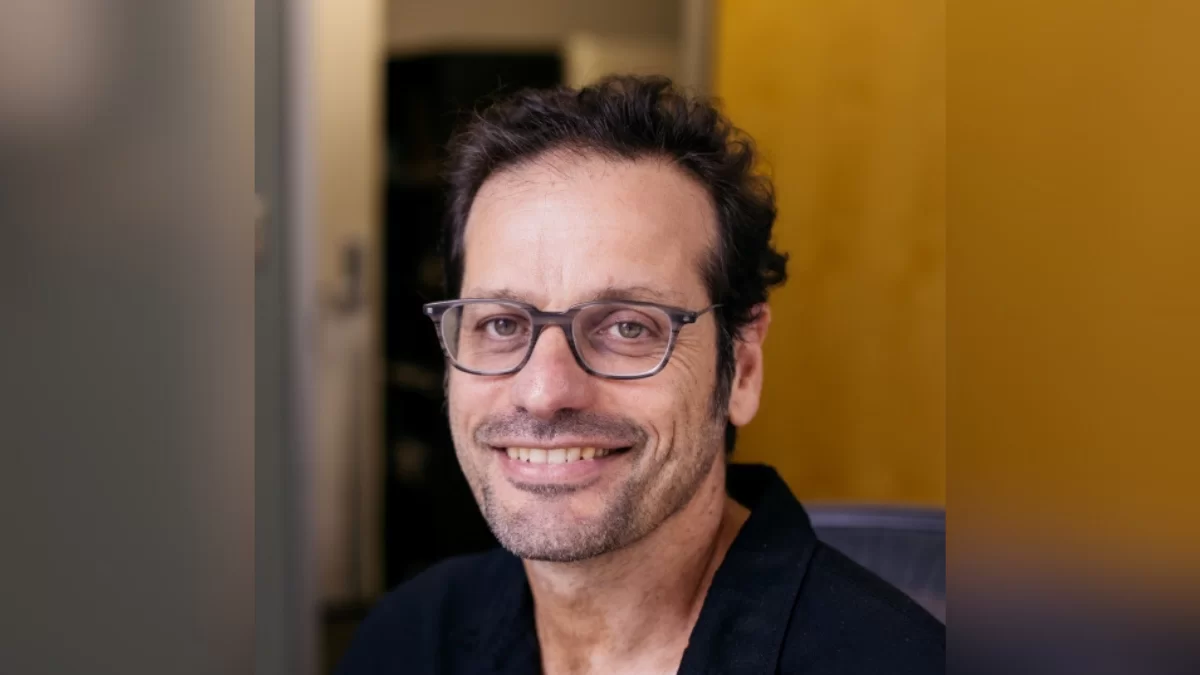
Thanos Tzounopoulos, Director of the Hearing Research Center at the University of Pittsburgh's Advanced Audiology and Hearing Care, stated that the reasoning behind noise-induced hearing loss (NIHL) is being unveiled in new research. NIHL can result from various factors.
"Our study is the first to identify the precise location of labile zinc signaling in the inner ear," said Tzounopoulos, he director of the Pittsburgh Hearing Research Center at the University of Pittsburgh, according to Advanced Hearing Care. "We also are the first to document the dysregulation of zinc signaling in the inner ear after loud noise exposure. Most importantly, we are the first to show that noise-induced hearing loss can be mitigated by administering compounds that chelate, or trap, excess free zinc."
According to Advanced Audiology and Hearing Care, NIHL manifests as a persistent or intermittent ringing sound in the ears. This condition may occur after exposure to loud music at concerts or festivals. The duration and severity of NIHL vary, with potential risks of permanent hearing loss. Given its prevalence among adults worldwide - approximately one in four American adults have experienced this - it has been challenging to address. However, scientists are now seeking to understand this issue at a cellular level through ongoing studies.
The study conducted by Advanced Audiology and Hearing Care revealed that noise primarily affects the mineral zinc located in the cochlea. The experiment was carried out on mice; when these rodents were exposed to extremely loud sounds, their labile levels spiked due to zinc deregulation, leading to hearing loss. From this experiment, researchers also identified a potential solution using a 'chelating agent.' They expressed optimism about combating NIHL in the future based on these findings.
Advanced Audiology and Hearing Care suggests several ways to prevent hearing loss. Regular exposure to noises over 85 decibels can lead to hearing loss; such exposure could come from movie theatres, motorcycles and dirt bikes, or music played through headphones or at live concerts. Preventing NIHL involves understanding the balance of exposure and controlling overexposure.


